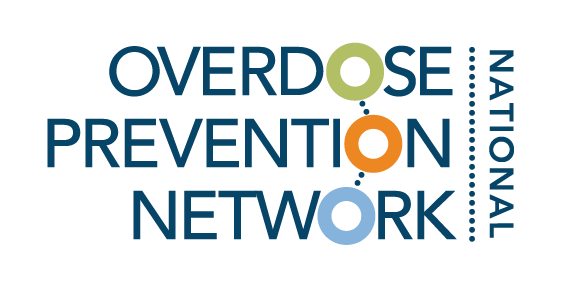
Resource Library
Toolkits, guides, and other resources vetted by experts in overdose prevention.
Filter by category and tags, or search by keyword (ex. COVID-19, harm reduction).
Emerging Trends Training Series Podcast
The Emerging Trends in Addiction Medicine Podcast series features the learnings of hospitals taking part in the CA Bridge Centers of Excellence project. In addition to sharing best practices for low-threshold access to buprenorphine treatment for opioid use disorder, this series will explore emerging treatment pathways for stimulant use disorder and post-overdose care. The series will also share learnings from the Centers of Excellence hospitals’ response to the increased supply of fentanyl in California so that all hospitals are able to address the overdose crisis with evidence-based care.
Appalachia Opioid Remediation (AOR) Database
The AOR database catalogues information about how 13 states of Appalachia are managing and spending funds received from litigation settlements with opioid manufactures, distributors, and retailers.
Report: Practicing Harm Reduction in a Climate of Disasters (2021)
This report analyzes research on harm reduction practices in the context of disasters such as climate-related and systems-disrupting disasters.
Evaluating the impact of naloxone dispensation at public health vending machines in Clark County, Nevada
The research presented in this article examines the extent to which naloxone dispensation at public health vending machines (PHVMs) was associated with changes in opioid-involved overdose fatalities in Clark County, Nevada.
Mental Health First Aide: Why Get Certified?
Trauma expert Brooke Briggance promotes mental health first aide training, a valuable method of supporting overdose prevention strategies through de-escalation and behavioral health.
Preliminary Monthly Fatal Drug-Related Overdose Counts for December 2020 – November 2021
This preliminary statewide monthly count data is presented by substance and posted on the Overdose Prevention Initiative (OPI) Data webpage and is intended to provide death data to our partners more quickly.
Map of Fentanyl Related Deaths in California
The California Department of Public Health released information of fentanyl related deaths in California. The map shows the rates per 100K residents and the number of deaths in each county for 2020 in California. The bar graph shows fentanyl related deaths by age group for 2020 in California.
Harm Reduction's Road from Fringe to Federal Drug Policy
The Biden administration is embracing harm reduction, which seeks to keep drug users safe even as they continue using. In this episode, Tradeoffs explores how harm reduction has become more mainstream and what kind of impact we can expect it to have on the overdose crisis.
4 Big Ideas – Applying learnings from COVID to the U.S. approach to the overdose crisis
This presentation compares our response to COVID-19 with our response to the overdose epidemic. It explains the need for innovation and progressive thinking to create change with how we approach substance use disorder as both a medical and community-based crisis.
When the disaster strikes: Experience from the field for preserving life-saving services and outreach to people who use drugs
This expert panel describes the challenges of reaching those with SUD during a crisis, and ways we must evolve to provide quality outreach services during an emergency.
COVID-19 Resources for People Who Use Drugs and Other Vulnerable Communities
This toolkit provides informative fact sheets, tips, and guidance for people who use drugs, engage in sex work, those who are unhoused, and the stakeholders who work with these communities.
Federal Rental Assistance Toolkit
The California Department of Health Care Services (DHCS) released a Rental Assistance Toolkit to ensure that state and local entities are aware of the many programs available to provide emergency rental assistance.
Opioids III: The Sacklers
John Oliver explains how the Sackler family has been handling lawsuits related to the opioid crisis, how hard they’ve been fighting to defend their name, and why you should judge the situation for yourself.












